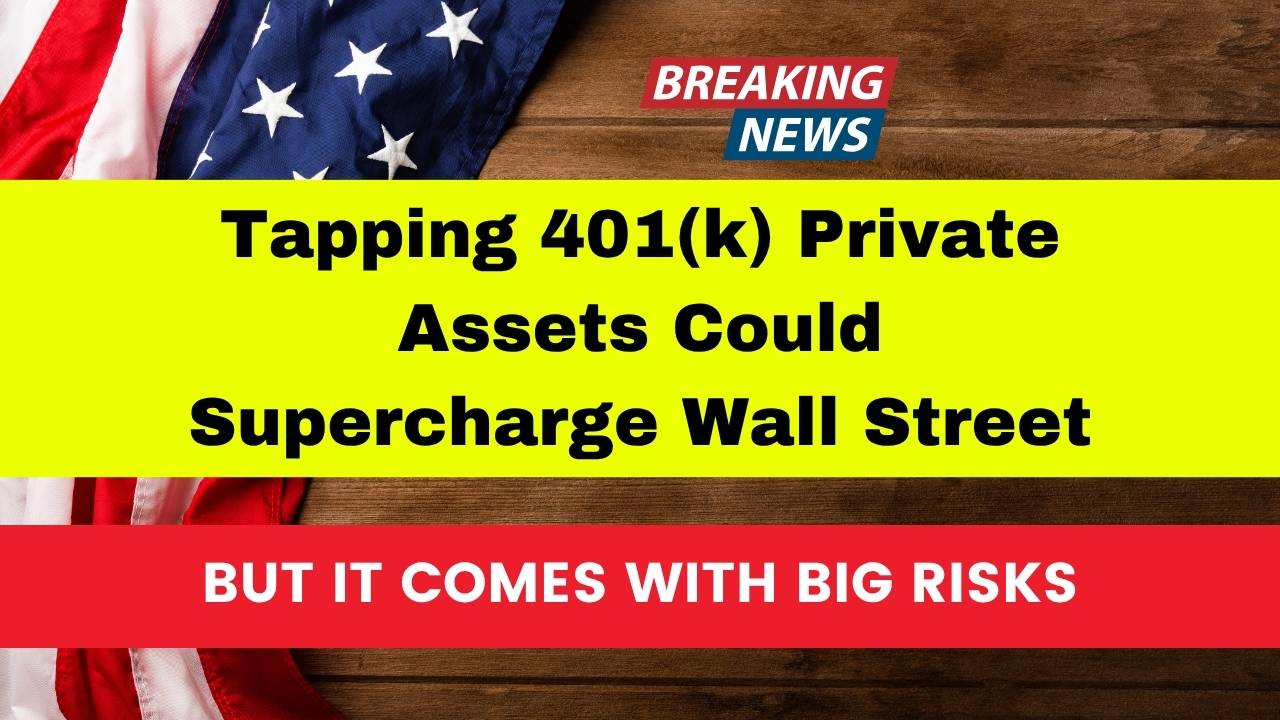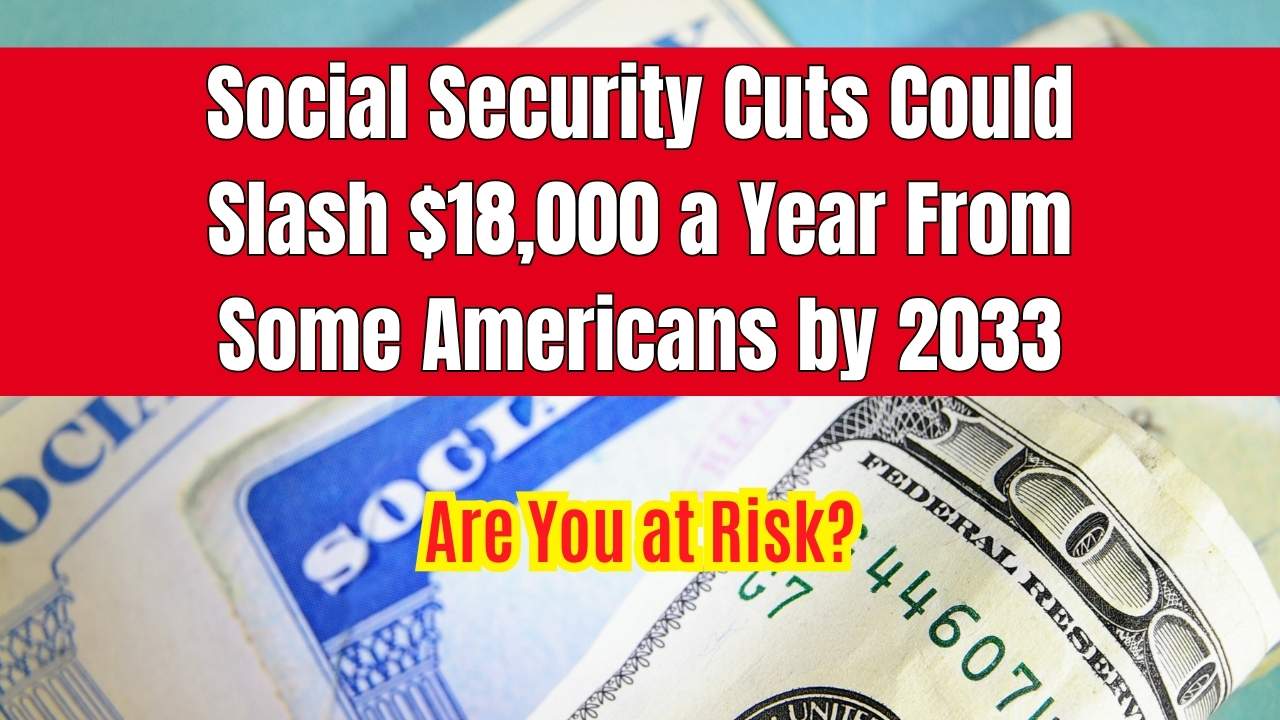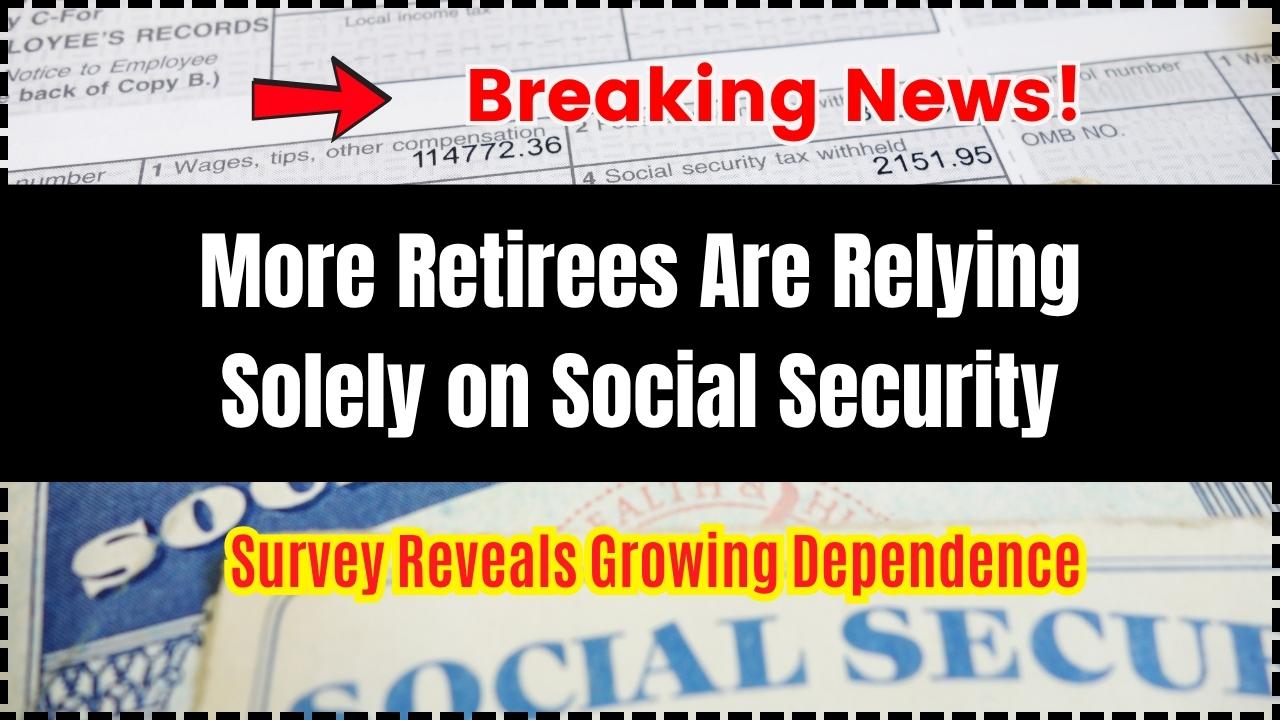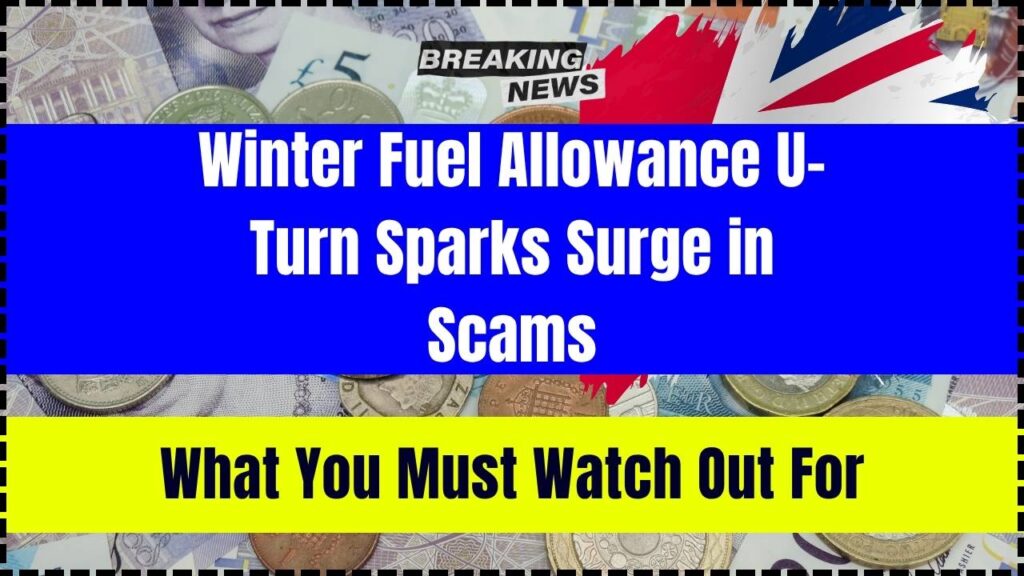
Winter Fuel Allowance U-Turn Sparks Surge in Scams: The Winter Fuel Allowance U-turn by the UK government has been hailed as a relief by millions of pensioners. But while the move means more people will get financial help to stay warm this winter, it’s also given scammers the perfect excuse to step in and exploit the confusion. The result? A worrying spike in phishing emails, fake texts, bogus phone calls, and fraudulent websites targeting older Britons. This article breaks down what the U-turn really means, what kind of scams are out there, and how to protect yourself and your loved ones. Whether you’re a pensioner, caregiver, or simply want to help your community, this is your complete guide.
Winter Fuel Allowance U-Turn Sparks Surge in Scams
The Winter Fuel Allowance U-turn has restored vital support for millions—but it’s also opened the door to increased fraud. Scammers are counting on your confusion. But with the right knowledge, you can stay one step ahead. Here’s the bottom line: If you’re eligible, your payment will arrive automatically. No need to apply, pay, or confirm anything via text or email. Keep calm, stay warm, and stay safe.
| Topic | Key Information |
|---|---|
| Policy Change | Reversal of 2024 cut to Winter Fuel Payments |
| Who Qualifies Now | Anyone over State Pension age with taxable income ≤ £35,000/year |
| Payment Amount | £200 (under 80) or £300 (over 80), tax-free, paid automatically |
| Scam Surge | DWP-themed phishing texts, calls, and fake sites asking for personal info |
| What DWP Says | Payments are automatic; no need to apply unless new or abroad |
| Stay Safe | Ignore unsolicited messages, never share personal info via text/email |
| Official Info | www.gov.uk/winter-fuel-payment |
What Is the Winter Fuel Allowance?
The Winter Fuel Payment is a government initiative that provides a one-off, tax-free payment to help older people cover the cost of heating during the coldest months of the year.
For years, it’s been a crucial form of assistance. But in 2024, the government proposed restricting the benefit to pensioners on means-tested benefits like Pension Credit, excluding millions of middle-income seniors.
This caused uproar.
The 2025 U-Turn Explained
In June 2025, facing heavy political pressure, the government reversed course. The current criteria now include:
- Age: You must have been born on or before 23 September 1958
- Income: Your taxable income must not exceed £35,000
- Residence: You must have lived in the UK during the qualifying week (third week of September)
Winter Fuel Allowance range from £200 to £300, depending on your age. You don’t need to apply unless you’re newly eligible, live abroad, or deferred your State Pension.
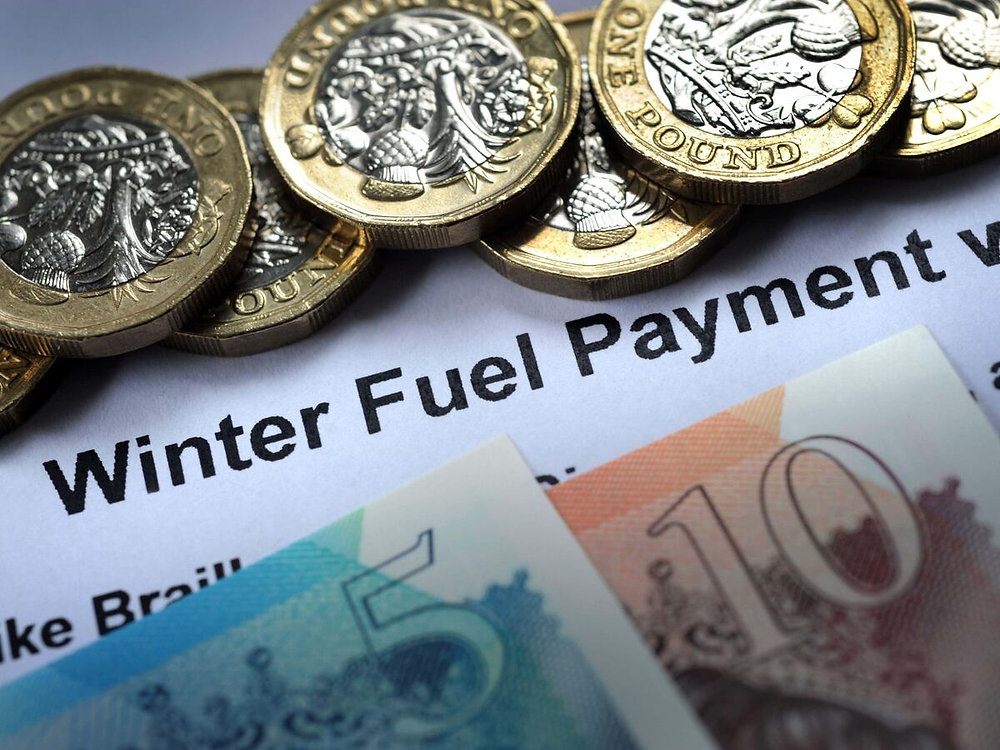
Why Scammers Are Taking Advantage?
Policy reversals like this create confusion. When people don’t know whether they qualify, or whether they need to do anything to receive payments, it creates fertile ground for fraud.
What’s Happening on the Ground?
According to Action Fraud, reports of Winter Fuel Allowance-related scams have tripled since the June 2025 announcement. Many of these scams appear sophisticated, making them hard to detect, especially for older adults.
Scammers often impersonate:
- The Department for Work and Pensions (DWP)
- HM Revenue & Customs (HMRC)
- Energy support helplines
- “Government claim portals”
They contact victims via:
- Text messages with links to fake claim websites
- Phone calls requesting “verification” or “reconfirmation” of payment details
- Emails offering “priority processing” in exchange for a small payment
Common Scam Techniques You Should Know
Let’s look at the most widespread tactics scammers are using around the Winter Fuel Payment.
1. The £1 Verification Fee Scam
This one’s popular. A text or email claims you must pay a £1 processing fee to receive your £300 payment. It’s framed as a simple bank card charge to “confirm your identity.” The link leads to a fake website that looks eerily similar to gov.uk.
Once you enter your card details, the scammers can drain your account or steal your identity.
2. Fake DWP Calls
Another method is cold calls, often from spoofed UK numbers. The caller will say something like:
“Hello, this is Samantha from DWP. We’re verifying your eligibility for the Winter Fuel Payment. Can you confirm your National Insurance number and bank details?”
They sound confident, official—even pushy. But remember: the DWP never calls to collect personal info out of the blue.
3. Email Spoofing with Urgent Claims
Some fraudsters send emails that claim your payment has been “paused” due to a mismatch in your records. These emails often contain:
- A government-style logo
- Threatening language (e.g., “respond within 24 hours to avoid cancellation”)
- A button or link to “log in” or “submit details”
The links go to malicious sites or install malware.
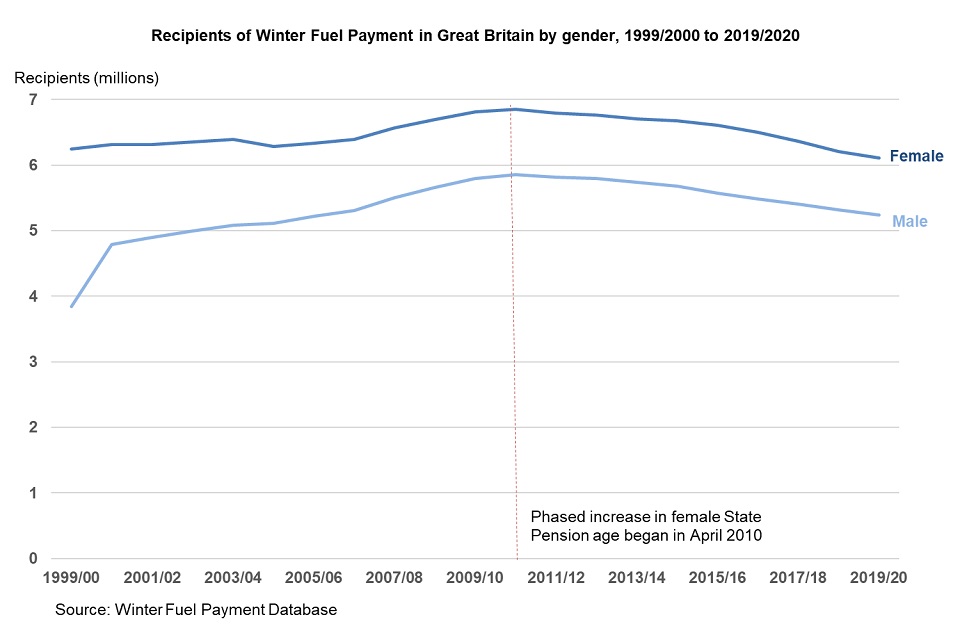
How to Tell a Real DWP Message from a Scam?
The DWP communicates primarily by post, especially when dealing with money and pensions.
Genuine DWP Messages Will:
- Never ask for bank or card details by email or text
- Arrive by post or through verified government online services
- Not ask for payment to “release” a benefit
- Use your full name and accurate personal information (not “Dear Customer”)
Scam Messages Often:
- Urge you to “Act now!” or threaten cancellation
- Use generic greetings
- Come from unofficial domains (e.g., “govpayment-check.uk”)
- Have typos or poor grammar
What To Do If You Receive a Suspicious Message?
Scammers count on urgency and fear. But you can outsmart them with three steps:
1. Don’t Interact
Ignore suspicious messages. Don’t click links or download attachments. Never respond with your details.
2. Report It
- Text: Forward scam texts to 7726
- Email: Forward phishing emails to report@phishing.gov.uk
- Phone Call: Report the number and incident at actionfraud.police.uk
3. Help Others
Older people are often targeted because they may be less comfortable with technology. If you’ve received a scam, spread the word—neighbors, family, church groups.
“Awareness is our best defense,” says Linda Parker, a fraud prevention specialist from Age UK. “The more people talk about scams, the fewer victims we’ll have.”
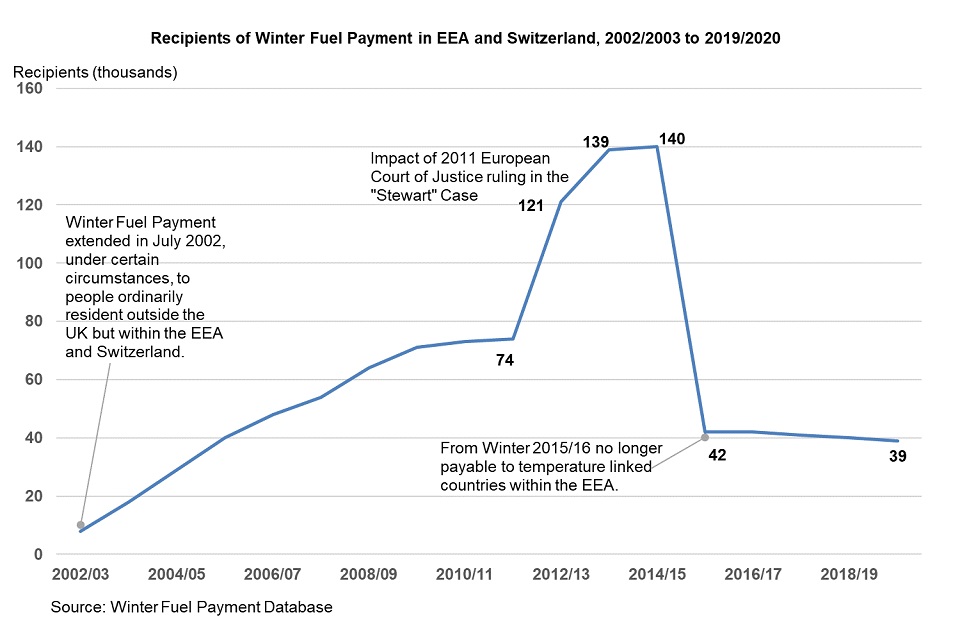
Who Needs to Apply for the Winter Fuel Allowance U-Turn Sparks Surge in Scams?
Most eligible pensioners will get the Winter Fuel Allowance automatically—but there are exceptions.
No Need to Apply If:
- You received the payment last year
- You currently get a State Pension or benefits like Universal Credit or ESA
- You live in the UK and nothing has changed since last year
You Must Apply If:
- You’ve never received the payment before
- You live in certain countries abroad
- You deferred your State Pension
Tips for Staying Safe This Winter
Scammers are getting smarter, but with a few simple strategies, you can stay safe:
- Install antivirus protection on your phone or PC.
- Never give personal details in response to unsolicited contact.
- Use two-factor authentication for banking and email.
- Don’t trust texts or emails about money—go directly to gov.uk instead.
- Educate your circle—especially elderly relatives and neighbors.
Remember: No legitimate government agency will ask you to pay to receive a benefit.
Additional Resources
You don’t have to navigate this alone. These organizations offer trusted support:
- Age UK: Free advice on benefits and scam prevention
- Which? Scam Alert Service
- Action Fraud: Report scams and find resources
- Get Safe Online: Practical cybersecurity tips
- Citizens Advice: Support for consumers and fraud victims
DWP Winter Fuel Payment Dates Announced for 2025—Here’s When You’ll Get Paid
Winter Fuel Payment 2025 Confirmed – How Much You’ll Get and When It’s Coming
Integrated Pension Rules May Reduce State Pension for Some, Confirms DWP


